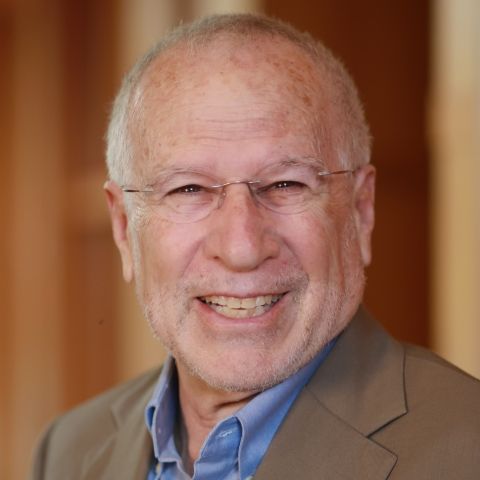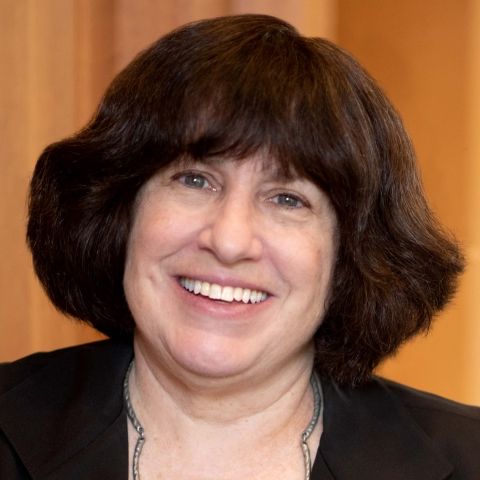

Daubert v. Merrell Dow Pharmaceuticals, which along with its successor cases has imposed demanding standards of reliability on the admission of scientific and other expert evidence, has transformed much of American evidence law. The Daubert revolution has been subject to strong endorsement and equally strong criticism, but few critics, and none since Daubert, have asked why expert evidence is treated differently in the first place. The common assumption, going back over a century, is that expert evidence is treated differently because of the risk that juries (and judges), not themselves possessed of the relevant expertise, will systematically overvalue such evidence. The overvaluation may be based on ignorance, or on novices being overly impressed by expert credentials and trappings, but the belief in overvaluation as the primary foundation for the distinct treatment of expert evidence persists, generating not only Daubert but also a long history of treating expert evidence specially. It turns out, however, that the longstanding assumption of overvaluation is unsupported by the research. Several decades of research, mostly by psychologists, shows the common assumptions of jury overvaluation of expert evidence to be large unfounded. Indeed, modern research shows that it is eyewitness and other so-called direct evidence that is overvalued. By relying on the erroneous assumption of jury overvaluation of expert testimony and the equally erroneous assumption of non-overvaluation of direct testimony, the law of evidence has drawn a distinction that rests on a false empirical basis. Moreover, insofar as the distinction between expert and other evidence also rests on a distinction between the facts that lay witnesses offer and the inferences (opinions) that come from experts, this distinction is undercut not only by the modern treatment of lay opinion, but by a great deal of philosophical work on the expert-dependence of the judgments that ordinary people make in all aspects of their lives.